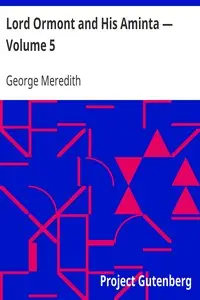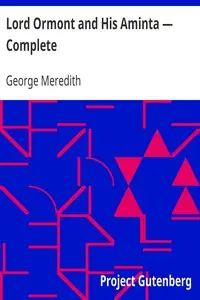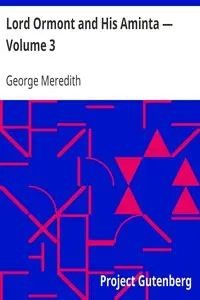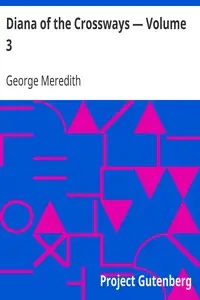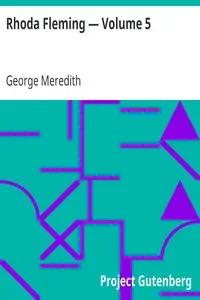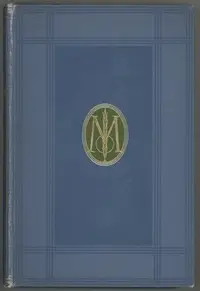** "Lord Ormont and His Aminta — Volume 4" by George Meredith is a story set in the late 1800s that follows Lord Ormont, his wife Aminta, and his sister Lady Charlotte as their lives and loves intertwine. Lady Charlotte returns home eager to uphold tradition, even as the world changes around her, and her conversations with her brother Rowsley expose simmering tensions about family loyalty and societal expectations around marriage and social class. Lord Ormont wrestles with unhappiness in his marriage as he considers Aminta's goals and the impact of her behavior, weaving a complicated fabric of family connections and love, setting the scene for what's to come. **
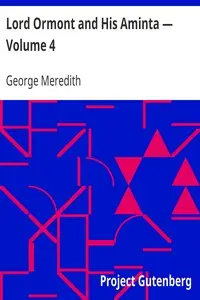
Lord Ormont and His Aminta — Volume 4
By George Meredith
** Amidst shifting social tides, a lord and his wife navigate their complicated marriage as his tradition-bound sister seeks in vain to preserve the old ways.
Summary
About the AuthorGeorge Meredith was an English novelist and poet of the Victorian era. At first, his focus was poetry, influenced by John Keats among others, but Meredith gradually established a reputation as a novelist. The Ordeal of Richard Feverel (1859) briefly scandalised Victorian literary circles. Of his later novels, the most enduring is The Egoist (1879), though in his lifetime his greatest success was Diana of the Crossways (1885). His novels were innovative in their attention to characters' psychology, and also portrayed social change. His style, in both poetry and prose, was noted for its syntactic complexity; Oscar Wilde likened it to "chaos illumined by brilliant flashes of lightning". Meredith was an encourager of other novelists, as well as an influence on them; among those to benefit were Robert Louis Stevenson and George Gissing. Meredith was nominated for the Nobel Prize in Literature seven times.
George Meredith was an English novelist and poet of the Victorian era. At first, his focus was poetry, influenced by John Keats among others, but Meredith gradually established a reputation as a novelist. The Ordeal of Richard Feverel (1859) briefly scandalised Victorian literary circles. Of his later novels, the most enduring is The Egoist (1879), though in his lifetime his greatest success was Diana of the Crossways (1885). His novels were innovative in their attention to characters' psychology, and also portrayed social change. His style, in both poetry and prose, was noted for its syntactic complexity; Oscar Wilde likened it to "chaos illumined by brilliant flashes of lightning". Meredith was an encourager of other novelists, as well as an influence on them; among those to benefit were Robert Louis Stevenson and George Gissing. Meredith was nominated for the Nobel Prize in Literature seven times.


